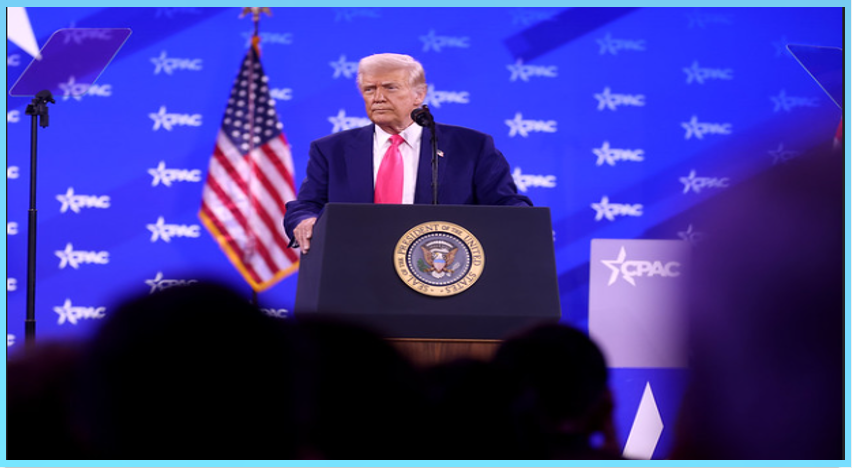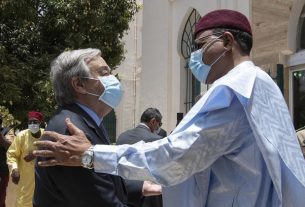WASHINGTON, Oct. 17 — The Trump administration is finalizing plans for a second $20 billion aid package to Argentina, according to Treasury Secretary Scott Bessent. The new facility, expected to be financed through a mix of private banks and sovereign wealth funds, would come on top of a $20 billion currency swap line already agreed with Argentina’s central bank earlier this month The Hill | MSN The Associated Press | MSN.
The combined $40 billion package represents one of the largest U.S. financial commitments to a Latin American nation in recent decades. Officials say the goal is to shore up Argentina’s collapsing peso, ease debt pressures, and stabilize financial markets under President Javier Milei, a libertarian leader closely aligned with President Donald Trump The Daily Star The Hill | MSN.
Political and Economic Stakes
At a White House meeting last week, Trump described the aid as support for “our neighbors” and praised Milei’s “good financial philosophy.” However, he also warned that U.S. backing could be reconsidered if Milei’s party fails to perform in Argentina’s upcoming midterm elections France 24 | MSN.
The initiative has drawn criticism at home, with some U.S. lawmakers and farm groups questioning the use of taxpayer-backed resources abroad while domestic sectors face economic strain. Analysts also note that while the aid may provide short-term relief, Argentina’s longstanding structural problems — inflation, debt, and fiscal deficits — remain unresolved.
A “Private-Sector Solution”
Bessent emphasized that the second $20 billion package would rely heavily on private financing rather than direct U.S. government funds, calling it a “private-sector solution” designed to complement the Treasury’s swap line The Hill | MSN The Associated Press | MSN. He said multiple banks and sovereign funds had expressed interest in participating.
Regional Implications
The aid underscores Washington’s strategic interest in Argentina, South America’s second-largest economy, at a time of heightened global financial uncertainty. Supporters argue that stabilizing Buenos Aires could prevent wider regional contagion, while critics warn of political overreach and the risks of tying U.S. financial commitments to partisan alliances.
Sources: Daily Star The Daily Star; MSN The Hill | MSN The Associated Press | MSN; AP France 24 | MSN.



